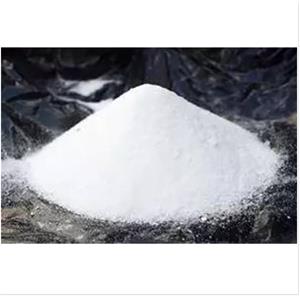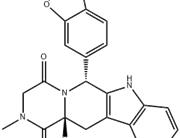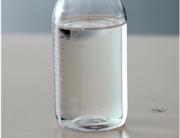Oxaliplatin, also known as losadine and oxaliplatin, belongs to platinum derivatives. It can be used alone or in combination with fluorouracil in the treatment of patients with colorectal cancer metastasis after failure of fluorouracil treatment. It is the third generation of new platinum anti-tumor compounds after cisplatin and carboplatin, and is also the only drug with significant activity in colorectal cancer so far. The principle of action is to inhibit the synthesis and replication of DNA by producing alkylated conjugates to act on DNA, forming intra-chain and inter-chain cross-linking. At the same time, it can also inhibit the proliferation of ovarian cancer and melanoma cell lines. In August 2002, the United States Food and Drug Administration (FDA) approved the anti-cancer drug Oxaliplatin (Eloxatin) of Sanofi Santa Traburg for the second-line treatment of metastatic colon cancer. In January 2004, the United States Food and Drug Administration (FDA) officially approved the combination of oxaliplatin for injection (losardine) with 5-fluorouracil (5FU) and folic acid (LV) (FOLFOX protocol) for first-line treatment of advanced colorectal cancer. At present, the domestic market is mainly composed of Sanofi-Aventis (Le Sadin); Jiangsu Hengrui Pharmaceutical Co., Ltd. (Aiheng); The three manufacturers of Jiangsu Nanjing Pharmaceutical Factory (ABP) are monopolized, accounting for more than 85% of the domestic market share.
It is used to treat colorectal cancer. Antitumor drugs, used to treat rectal cancer

 China
China



